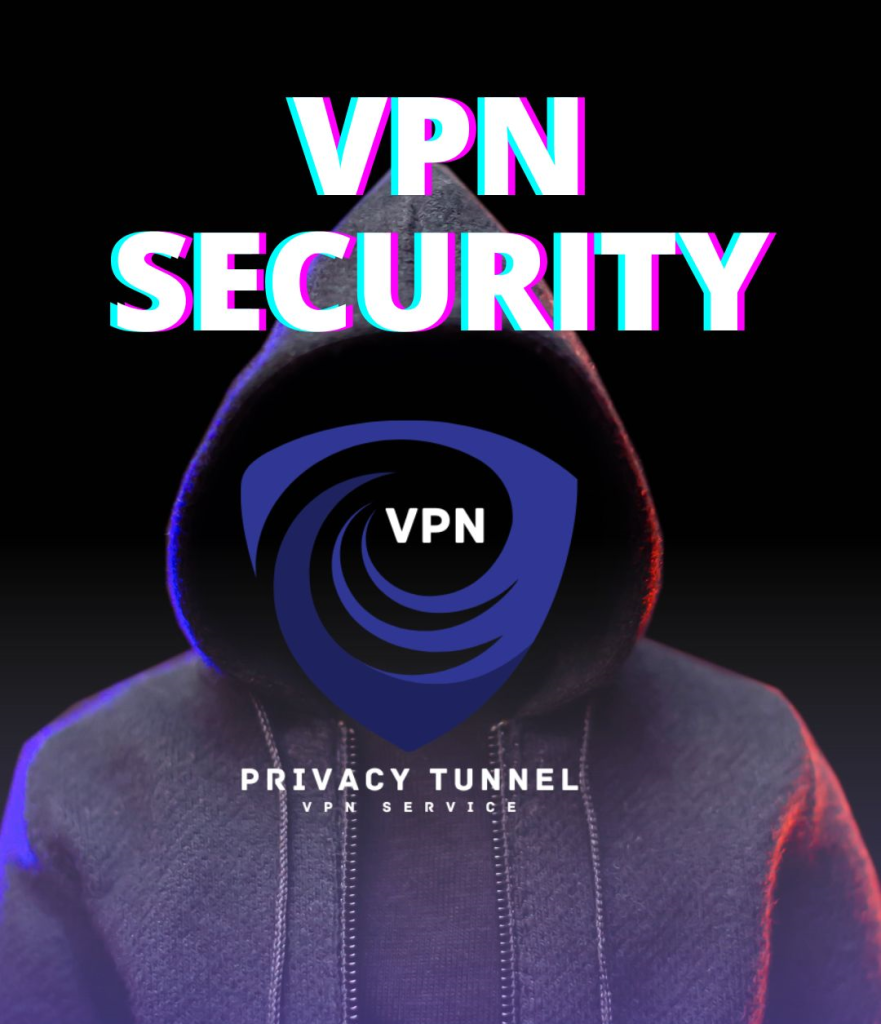In today’s digital age, the internet is our gateway to endless information, entertainment, and connection. However, as we surf the vast cyber waves, we must navigate safely to avoid the lurking threats beneath the surface. From malicious websites to data breaches, the online realm can be treacherous if we’re not vigilant. But fear not! With a few simple precautions and best practices, you can ride the internet waves securely and confidently.
- Stay Updated: Keep your software, operating system, and antivirus programs up-to-date. Software developers frequently release patches and updates to address vulnerabilities that hackers could exploit. By staying current with updates, you fortify your defenses against cyber threats.
- Strong Passwords: Your passwords are the keys to your digital kingdom. Create strong, unique passwords for each online account, and consider using a reputable password manager to keep track of them securely. A strong password typically includes a combination of upper and lowercase letters, numbers, and special characters.
- Beware of Phishing: Phishing scams are like digital fishing nets, attempting to lure unsuspecting users into divulging sensitive information such as passwords or credit card numbers. Be cautious of unsolicited emails, messages, or links, especially if they request personal information or seem too good to be true. When in doubt, verify the sender’s legitimacy through other channels before clicking any links or providing information.
- Secure Connections: When accessing sensitive websites, ensure that you’re using a secure connection. Look for HTTPS in the URL, which indicates that the site encrypts data transmitted between your device and the server. Avoid connecting to public Wi-Fi networks for sensitive transactions, as they can be vulnerable to interception by malicious actors.
- Be Wary of Downloads: Before downloading any files or software from the internet, ensure they come from reputable sources. Malware often hides within seemingly innocuous downloads, ready to infect your device once executed. Scan downloaded files with an antivirus program before opening them, and only download from trusted websites.
- Privacy Settings: Review and adjust the privacy settings on your social media accounts and other online platforms. Limit the amount of personal information you share publicly, as cybercriminals can exploit this information for identity theft or targeted attacks. Regularly audit your privacy settings to ensure they align with your comfort level and security needs.
- Two-Factor Authentication (2FA): Enable two-factor authentication wherever possible to add an extra layer of security to your accounts. 2FA requires you to provide a second form of verification, such as a code sent to your phone, in addition to your password when logging in. This makes it significantly harder for unauthorized users to access your accounts, even if they have your password.
- Educate Yourself: Stay informed about the latest cybersecurity threats and trends. Knowledge is your best defense against online dangers. Take advantage of online resources, such as cybersecurity blogs, forums, and tutorials, to learn about common attack techniques and how to protect yourself against them.
- Backup Your Data: Regularly back up your important files and documents to a secure location, such as an external hard drive or cloud storage service. In the event of a cyber attack or data loss incident, having backups ensures that you can recover your valuable information without falling victim to ransom demands or permanent data loss.
- Trust Your Instincts: If something feels off or suspicious while browsing the internet, trust your instincts and proceed with caution. Cybercriminals often rely on psychological tactics to manipulate users into making impulsive decisions. Take a moment to assess the situation and verify the legitimacy of any requests or offers before taking action.
In conclusion, safe online surfing is not just about avoiding obvious dangers but also about adopting a proactive mindset and implementing sound cybersecurity practices. By staying informed, practicing good digital hygiene, and exercising caution, you can navigate the cyber waves securely and enjoy all the benefits the internet has to offer without fear of falling prey to cyber threats. So, buckle up, stay vigilant, and surf the web with confidence!
Privacy Tunnel VPN Fast and reliable VPN service for streaming, Secure VPN for online banking and shopping, Best VPN for gaming without lags, VPN with unlimited bandwidth and server switches, Top-rated VPN for torrenting and P2P sharing, Affordable VPN for small businesses and remote teams



